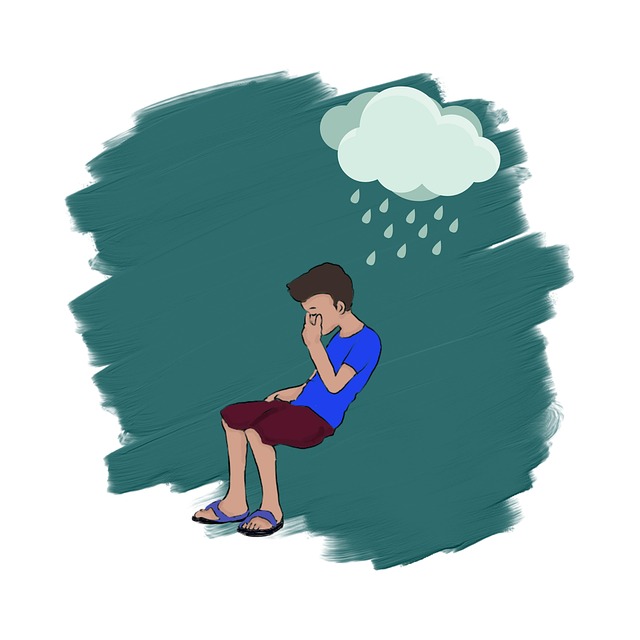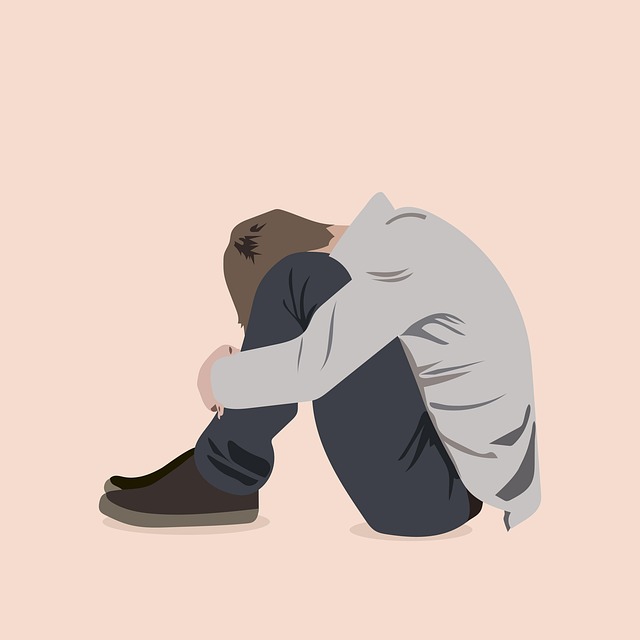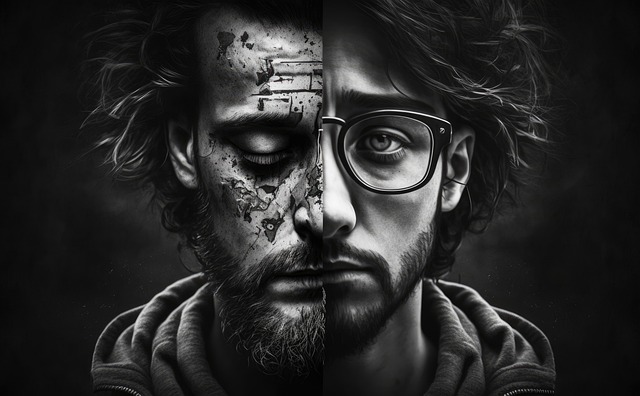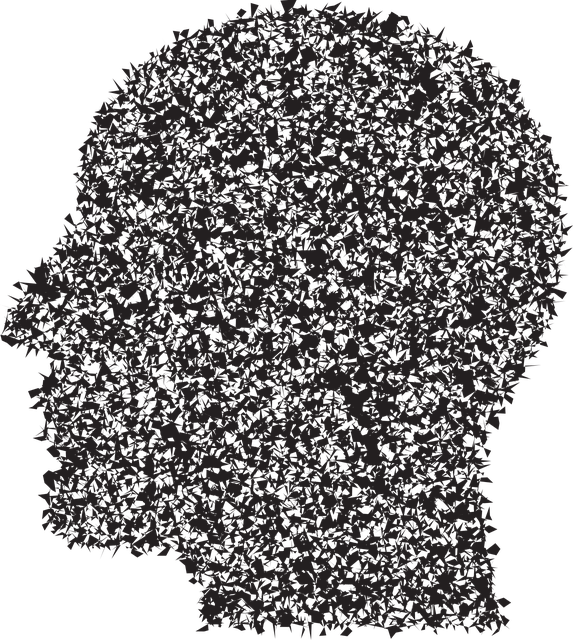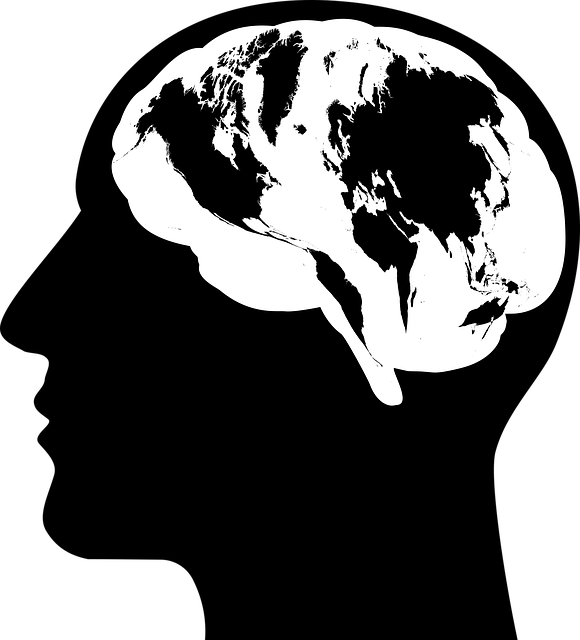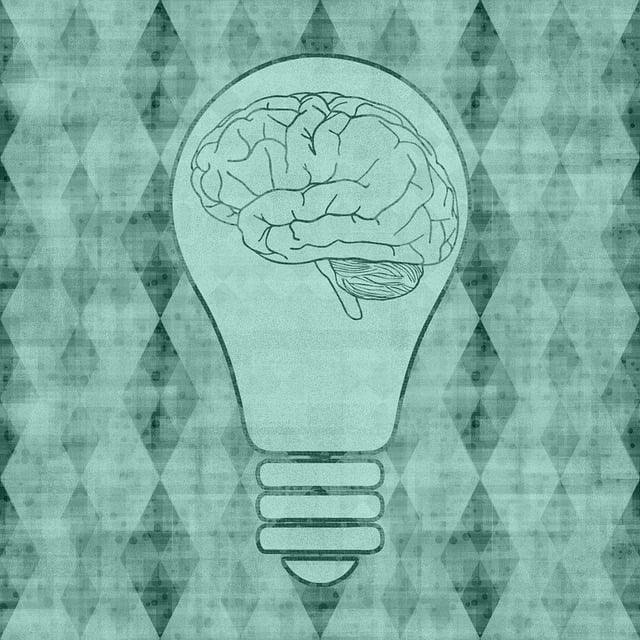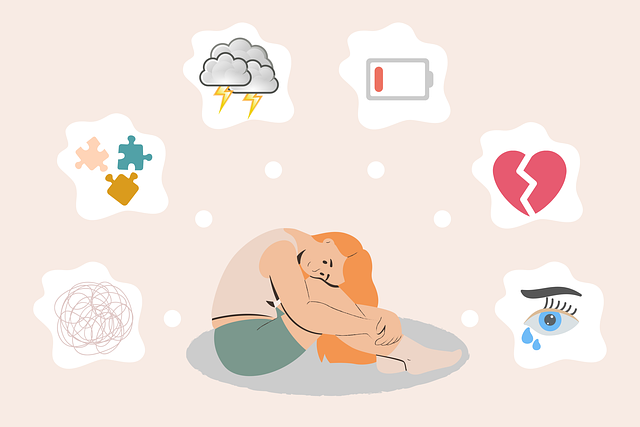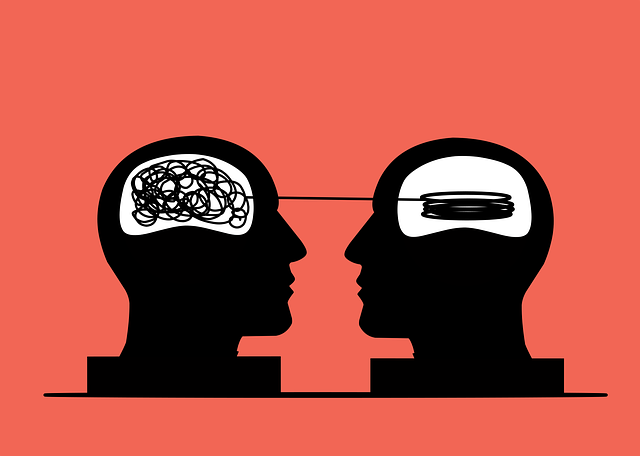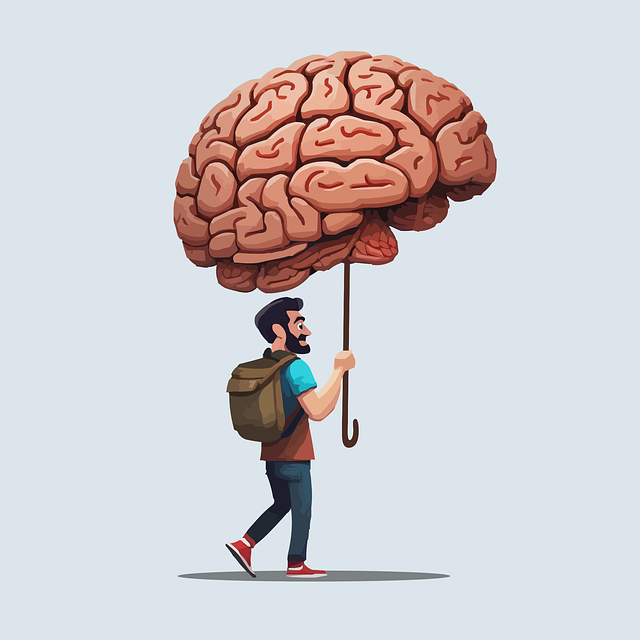Understanding mental health among the elderly, especially conditions like ODD, is vital to reduce societal stigma and promote holistic well-being. CBT and mindfulness practices effectively manage ODD symptoms in seniors. The media's portrayal of mental illness significantly impacts public understanding; therefore, authentic storytelling and Mental Health Education Programs are crucial. Highlighting recovery stories and therapeutic techniques like mindfulness and CBT can destigmatize mental health issues and encourage help-seeking behaviors. Cultural competency training for healthcare providers is essential to address ODD in older adults, using strategies like social skills training and journaling exercises to enhance communication and emotional regulation.
Mental illness representation in media significantly impacts public understanding and support for those affected. This article delves into two key areas: understanding elderly mental health, including Oppositional Defiance Disorder (ODD), and exploring the current state of media portrayal. We discuss effective strategies for positive media representations and propose therapy as a powerful solution, specifically tailored to address ODD in older adults. By implementing these approaches, we aim to foster more empathetic and accurate depictions, challenging societal stigma and promoting better mental health support.
- Understanding Elderly Mental Health and Oppositional Defiance Disorder
- The Current State of Media Representation of Mental Illness
- Effective Strategies for Positive Media Portrayals
- Implementing Therapy as a Solution: A Focus on Older Adults
Understanding Elderly Mental Health and Oppositional Defiance Disorder

Understanding mental health among the elderly is a critical aspect of addressing societal stigma and promoting holistic well-being in later life. As individuals age, they may face unique challenges that impact their mental state, such as loneliness, isolation, or cognitive changes. Oppositional Defiance Disorder (ODD) is one such concern often associated with older adults, characterized by persistent defiant behaviour, frequent anger, and arguments with authority figures. This disorder can significantly affect an elderly person’s daily functioning and quality of life.
The good news is that ODD in the elderly is treatable through various effective therapeutic approaches. Cognitive-behavioural therapy (CBT) has shown promise in helping seniors manage their symptoms by identifying and changing negative thought patterns and behaviours. Additionally, developing inner strength through mindfulness practices and stress management workshops can empower older adults to cope with challenges. Organizations offering mental wellness coaching programs specifically tailored for the elderly can play a vital role in promoting resilience and enhancing overall mental health.
The Current State of Media Representation of Mental Illness

The current state of media representation of mental illness often falls short, perpetuating stereotypes and misinformed narratives. While awareness is growing, many portrayals still resort to dramatic or simplistic representations, failing to capture the nuanced experiences of individuals living with various conditions. This includes a lack of depth in depicting therapeutic journeys, relying heavily on cliched visual cues or extreme behaviors to signal mental health issues, particularly for elders facing Oppositional Defiance Disorder (ODD). Such superficial treatment fails to provide accurate insights into these complex conditions and can hinder understanding among the general public.
Addressing this gap requires a shift towards authentic storytelling that incorporates diverse perspectives, including those from marginalized communities. Integrating elements like mindfulness meditation or emotional well-being promotion techniques in media narratives can offer more nuanced portrayals of mental health struggles. Furthermore, designing Mental Health Education Programs that accompany such media content can facilitate open conversations and destigmatize discussions around mental illness, encouraging viewers to seek appropriate therapy when needed, whether for ODD or other conditions.
Effective Strategies for Positive Media Portrayals

Media portrayal of mental health has a profound impact on society’s understanding and acceptance of different conditions. To challenge negative stereotypes, media outlets must adopt effective strategies that promote positive representations. One such approach is showcasing individuals who have successfully managed their mental health issues through therapy and support systems. For instance, stories featuring elders who have overcome Oppositional Defiance Disorder (ODD) through tailored therapy sessions can inspire hope and empathy. These narratives should emphasize the role of professional help, community outreach programs, and self-awareness exercises in managing mental health.
Additionally, media platforms can contribute to a more nuanced understanding by highlighting the emotional regulation techniques practiced by individuals with mental health challenges. Portraying characters engaging in activities like mindfulness or cognitive behavioral therapy (CBT) sessions can educate viewers on the available support mechanisms. Implementing such strategies not only ensures accurate representation but also encourages viewers to seek help if needed, fostering a more supportive and informed community for all, including those facing ODD.
Implementing Therapy as a Solution: A Focus on Older Adults

Implementing therapy as a solution to address mental illness representation in media is particularly crucial when focusing on older adults, who often face unique challenges and barriers to accessing care. Oppositional defiance disorder (ODD) is one such issue that may manifest differently in aging populations, requiring tailored therapeutic approaches. Healthcare provider cultural competency training plays a vital role here, ensuring professionals are equipped to offer sensitive support while navigating the complex interplay of age-related cognitive changes and ODD symptoms.
Social skills training and mental wellness journaling exercises can be effective components of treatment for older adults with ODD. These strategies aim to enhance communication, improve emotional regulation, and foster a sense of belonging—all essential elements in promoting positive mental health. Guidance on these practices can empower both patients and their caregivers, enabling them to actively participate in managing and improving overall mental wellness.
Mental illness representation in media plays a pivotal role in shaping societal perceptions. By implementing effective strategies, such as positive and accurate portrayals of mental health conditions like Oppositional Defiance Disorder (ODD) in older adults, we can foster understanding and reduce stigma. Integrating therapy into these narratives not only offers solutions but also provides a realistic glimpse into the challenges and triumphs of seeking help. Through mindful creation and consumption of media content, we have the power to revolutionize how mental illness is understood and supported within our communities, ensuring better care for older adults struggling with ODD and other conditions.

